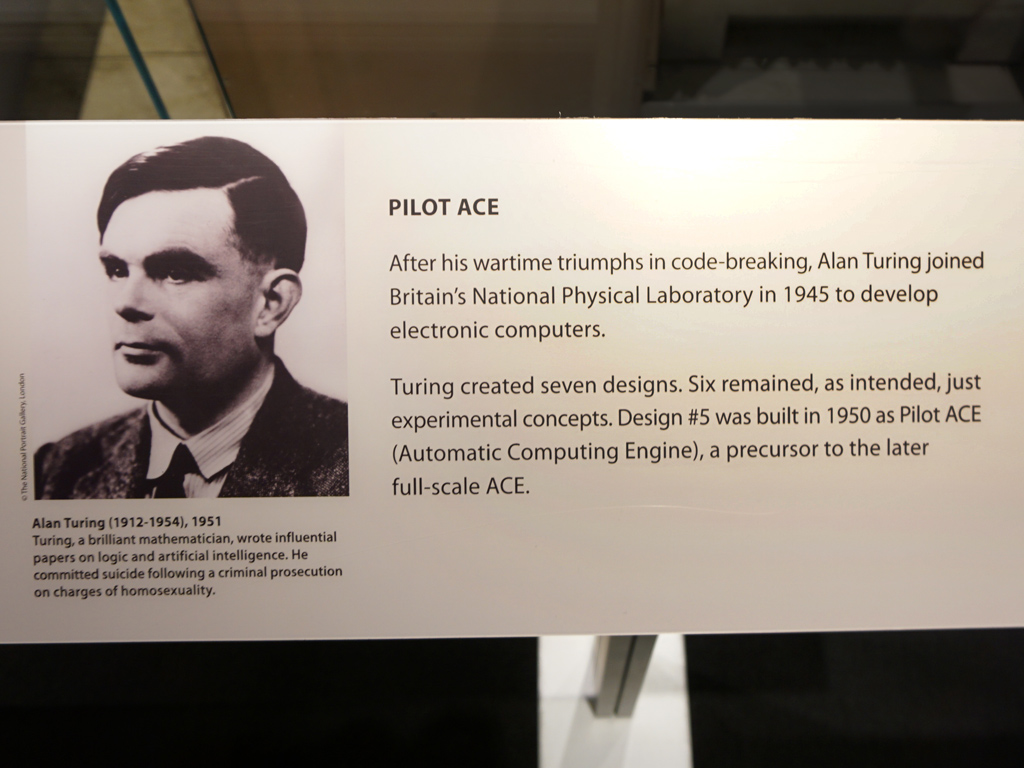Computer History: From The Antikythera Mechanism To The Modern Era
In this article, we shed light on the most important moments in computer history, acknowledging the people that have contributed to this evolution.
Alan Turing And The COLOSSUS
Alan Turing is considered one of the most brilliant computer scientists, and today it is widely accepted that he deeply influenced the development of computer science. Turing earned his mathematics degree in 1937 and in the same year he published an innovative article titled On Computable Numbers with an Application to the Entscheidungsproblem (TURING, A. M. 1936–1937. Proceedings of the London Mathematical Society Series 2, 42, 230–265. Corrections ibid. 544–546).
One of the major conclusions of Turing's article was that some categories of mathematical problems cannot be described with algorithms, consequently they cannot be solved by computers. Based on this assumption he decided to design a prototype computer. The outcome of his work, the Turing machine, was a simple but fully functional theoretical model, which caused a lot of fuss in the scientific community when it was released. Turing's theoretical model was widely used in many theoretical experiments.
Turing also had the opportunity to assist in the manufacturing of a computer, the COLOSSUS, which was actually a series of programmable digital electronic computers, the first of their kind. COLOSSUS computers were used to process encrypted messages, allowing cryptoanalysis and finally the decryption of messages that were sent with the Enigma machine that Nazi naval forces used during World War II. Needless to say, breaking the Enigma code was of immense importance to the allies and saved thousand of lives.
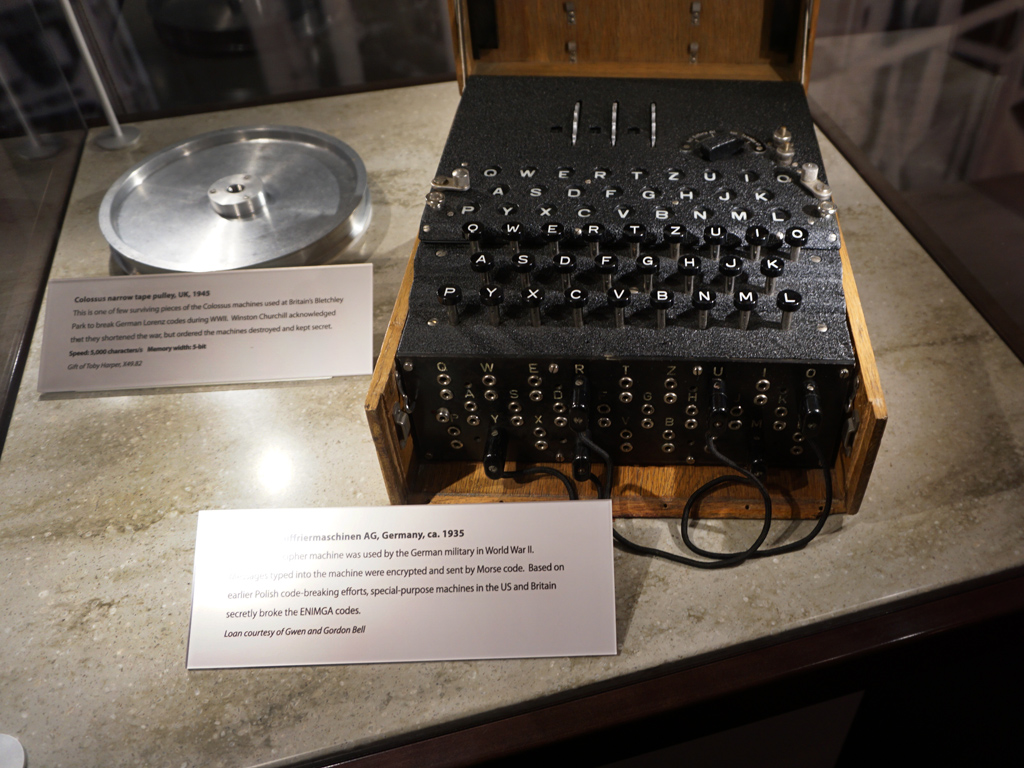
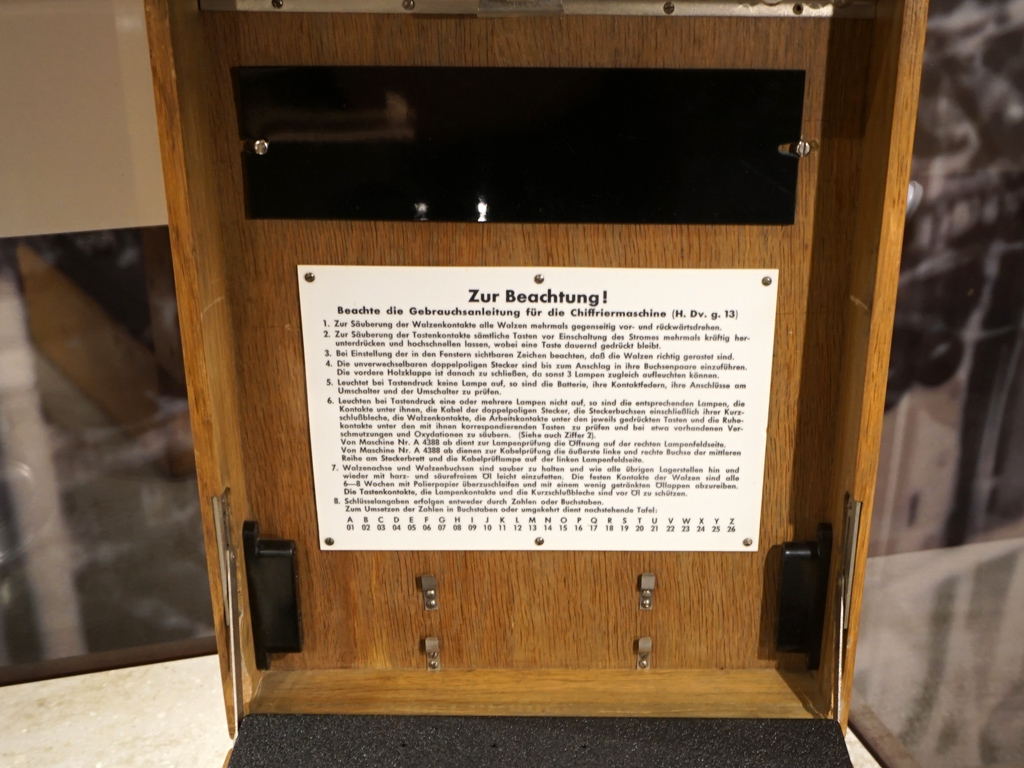
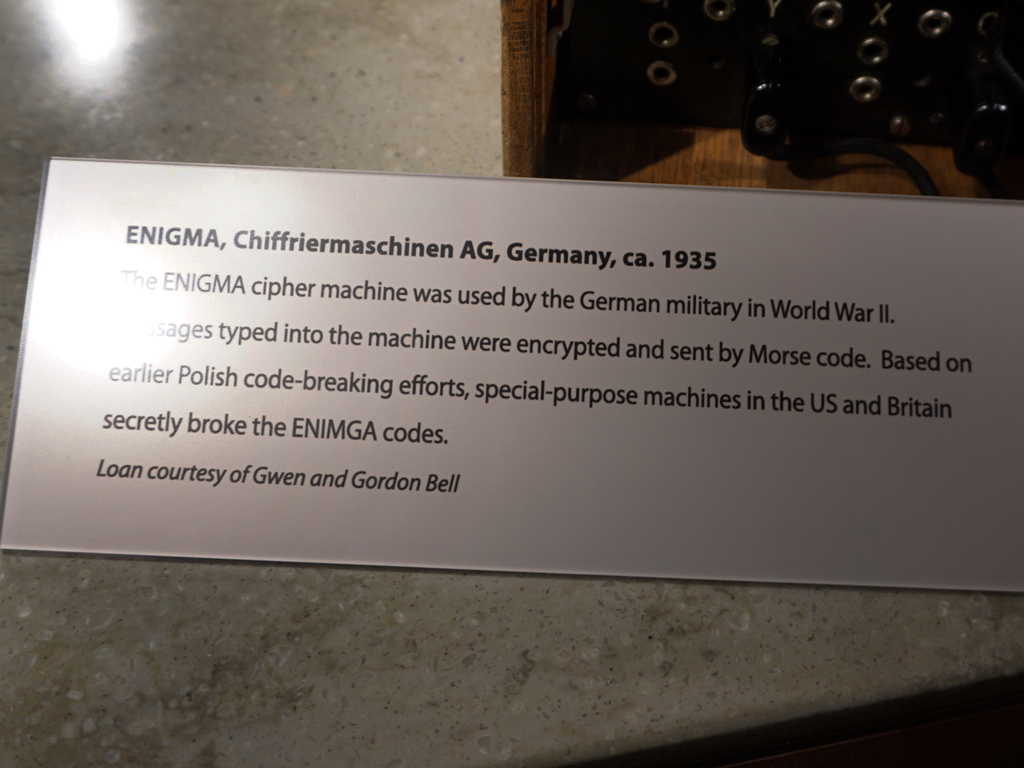
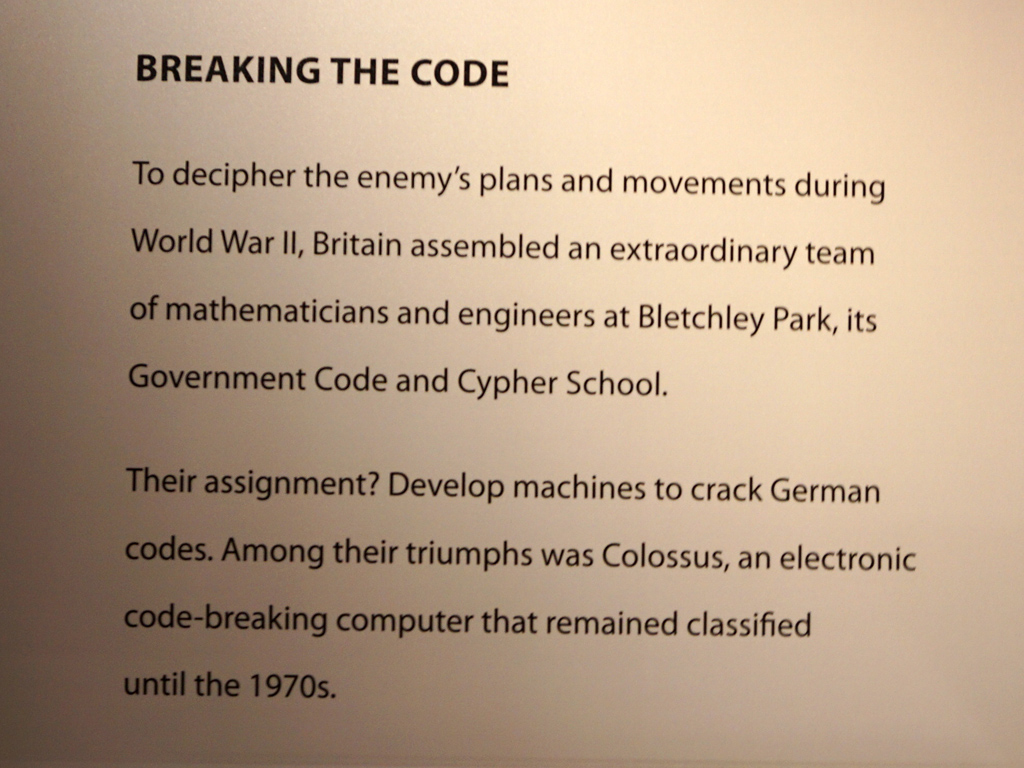
Unfortunately, Turing's life ended too soon; he was only 42 years old. Some say that he committed suicide while there are some speculations that he was assassinated. Whatever the case, the world lost a great mind that could have pushed the advances in computer science even further. In 1966, in recognition of his lifetime achievements, the Association for Computing Machinery (ACM) started offering the annual Turing Award to selected individuals for their technical or theoretical contributions to the computing community. This award is considered to be the equivalent of the Nobel Prize in the computing community and shows the respect and appreciation of Turing's work.
MORE: Best Graphics Cards
MORE: All Graphics Content
Get Tom's Hardware's best news and in-depth reviews, straight to your inbox.
Current page: Alan Turing And The COLOSSUS
Prev Page The Triode, Transistor And Op-Amp Next Page Claude Shannon's Master Thesis
Aris Mpitziopoulos is a contributing editor at Tom's Hardware, covering PSUs.
